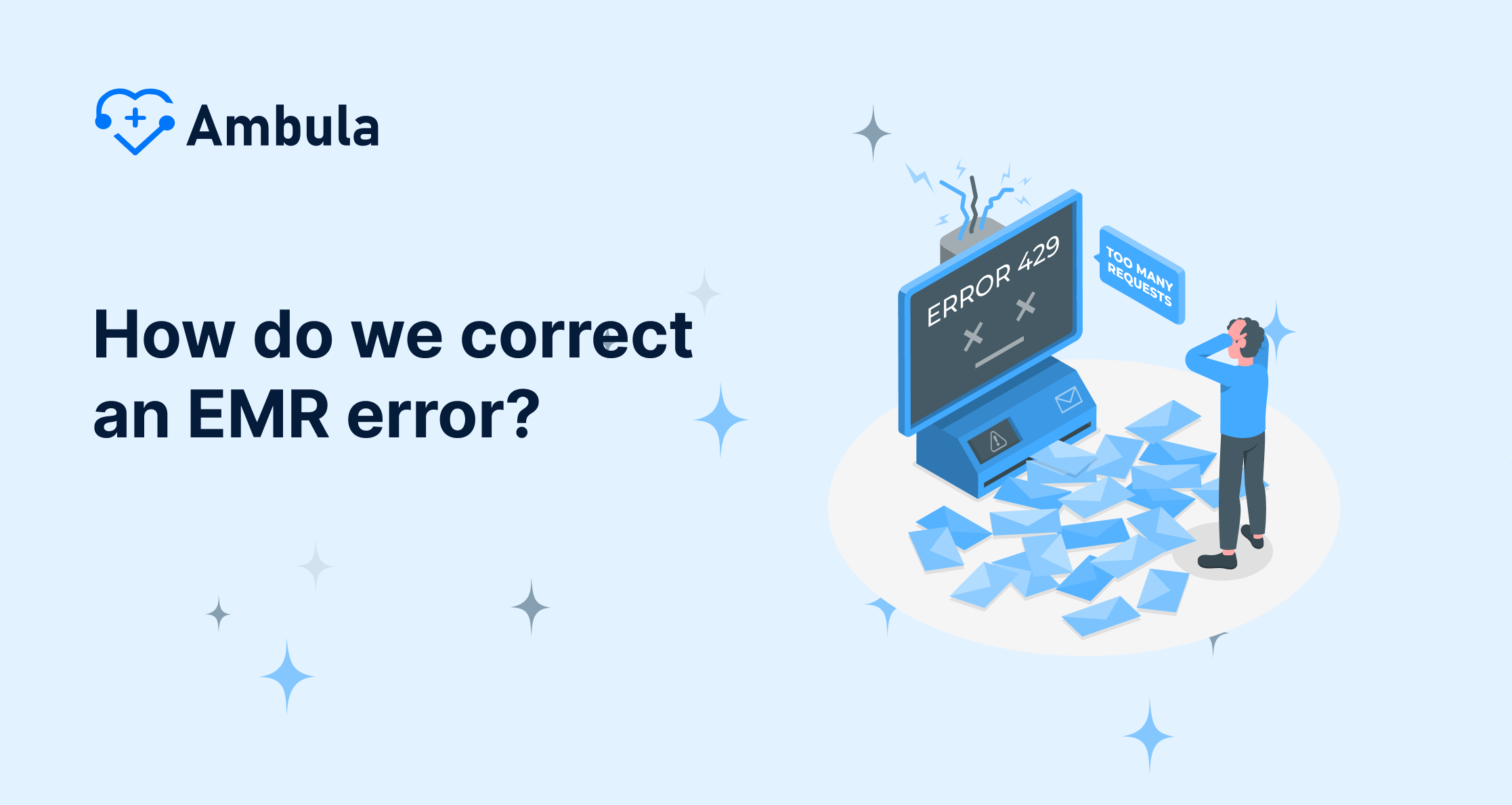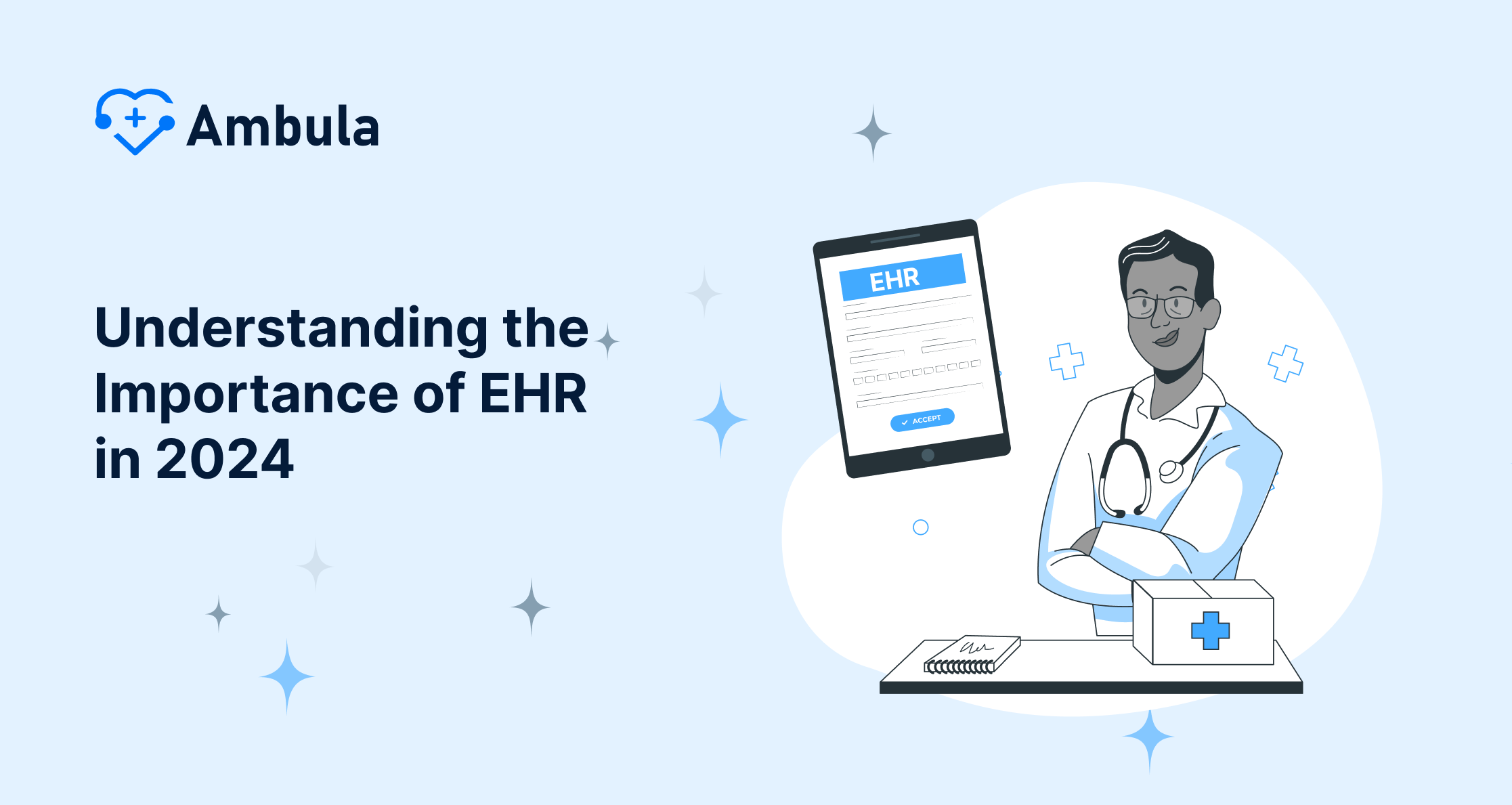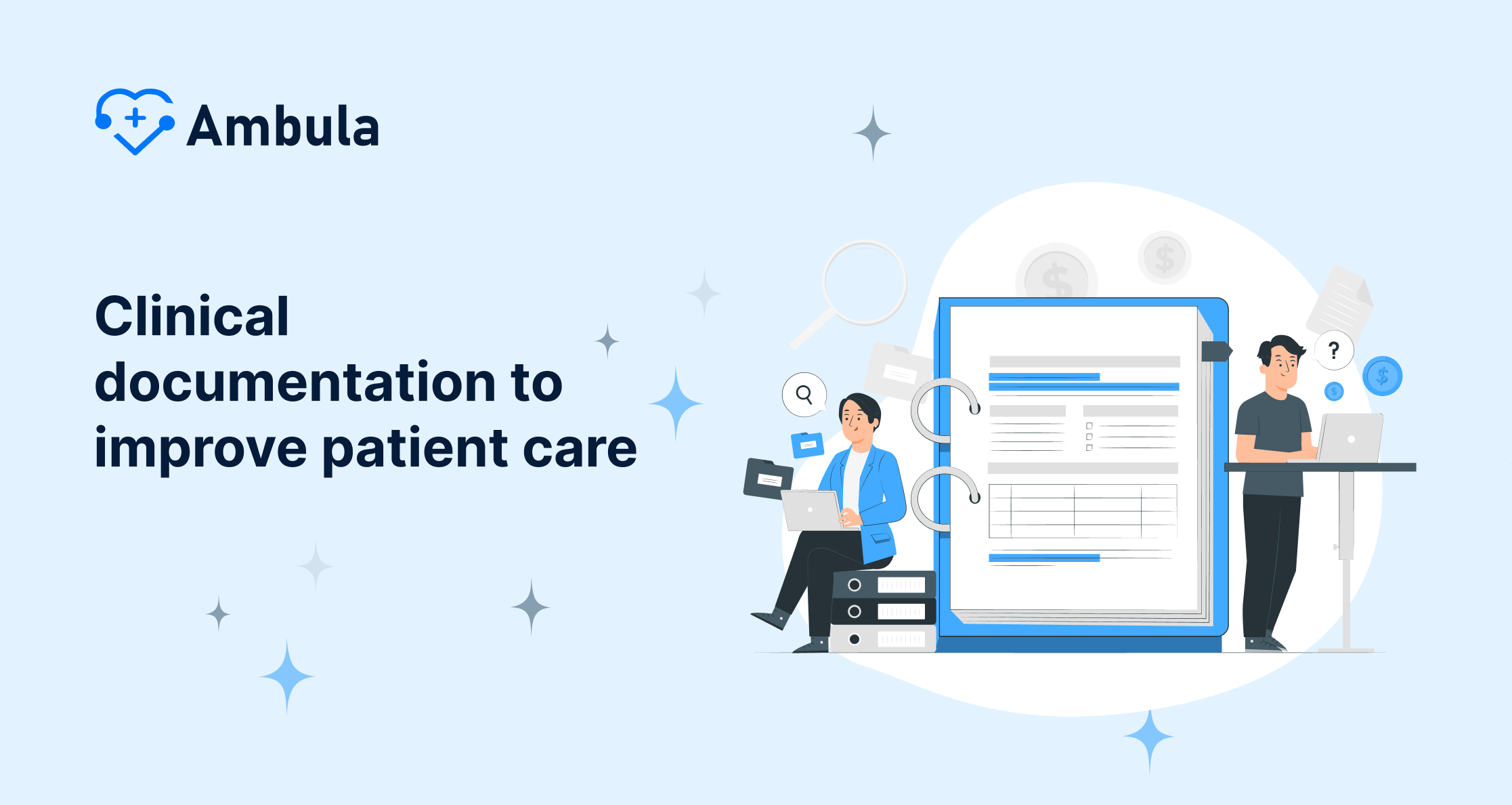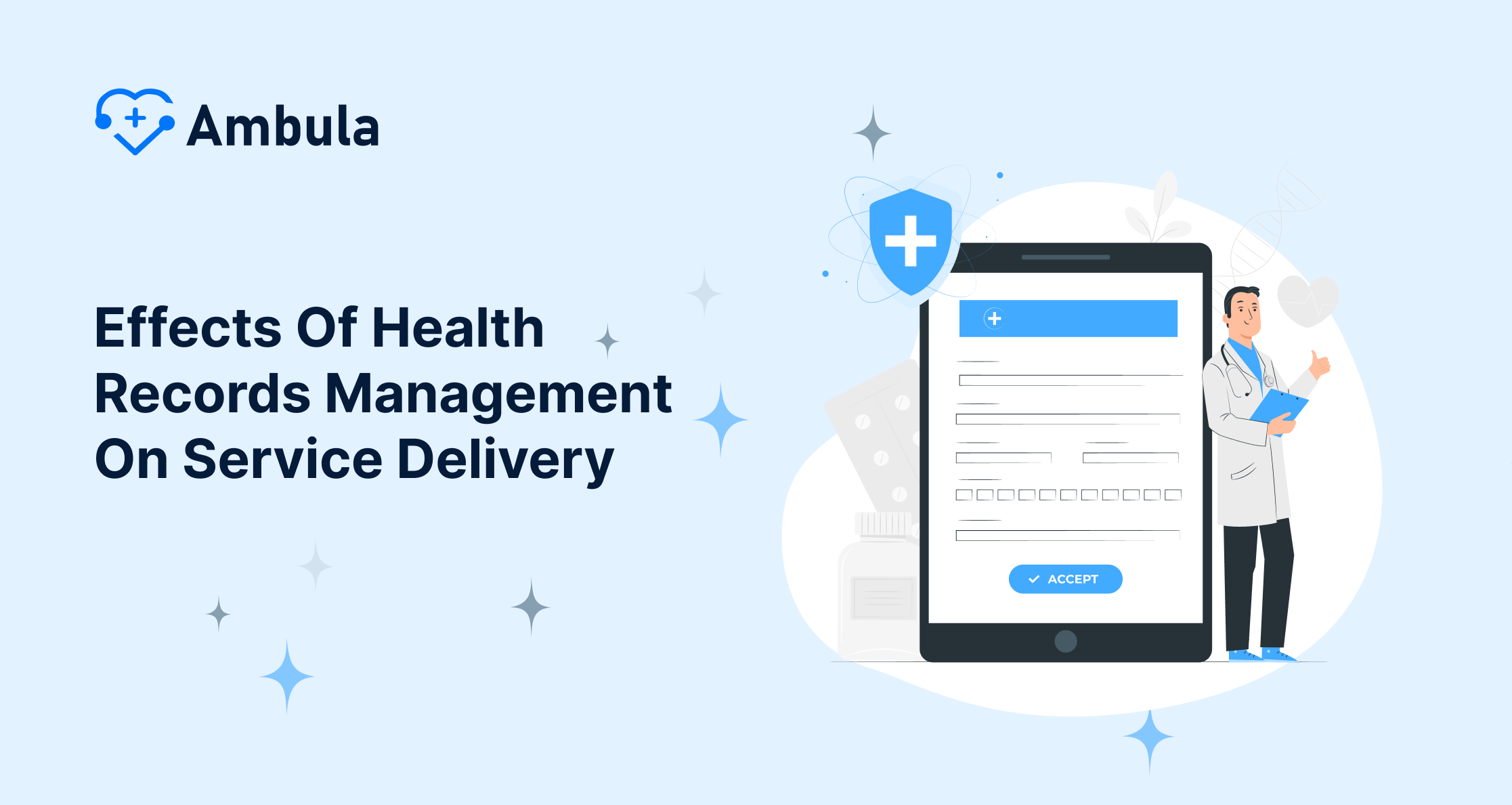What are the benefits of EHR, as more healthcare facilities are moving from paper charts to electronic records nowadays? Mainly, the benefits of EHR implementation will increase to both practitioners and patients: Electronic health records can be accessed on-demand, saving lives, time, and money. But first, let’s define the electronic health record!
What is EHR?
Before we start off with the benefits of EHR, it’s evident to know what an EHR is in healthcare! An electronic health record is the digital form of a patient’s paperwork.
In fact, EHRs are patient-centered, real-time records that offer instant and secured data to the allowed users. Additionally, EHRs are not only containers for treatment and medical patients’ histories. Also, they include a wider view of a patient’s portfolio. So, what do EMRs include?
- The medical history of patients along with medications, diagnoses, allergies, and treatment plans. In addition to test results, laboratory results, radiology images, and immunization dates.
- Streamline and automate the provider’s workflow
- Permit access to evidence-based devices that staff use to come up with decisions about the patient’s care
On the same note, EHR allows you to create and manage health information digitally. An EHR allows you to share data with other healthcare providers across many healthcare organizations. The EHR structure allows you to share your information with pharmacies, labs, medical imaging facilities, specialists, etc. Thus, thanks to EHR, many clinicians have been involved at once in a patient’s care.
Check out these articles after you’re done
What are the benefits of EHR?
Now, are you wondering about the specific benefits of EHR? Here you go!
Benefits of EHR to patients:
- Easy access to medical history: Communication between physicians can be greatly improved with EHR, allowing each party full access to a patient’s medical history. This access allows for a more in-depth evaluation and enables doctors to reach an accurate diagnosis more quickly.
- Management of results: you can get lab results, X-ray images, and radiology reports electronically without duplication.
- Easy follow-up with doctors: electronic health records can make it easier for doctors to follow up with patients and track continuing care, both under their supervision and that of the patient’s other doctors.
- Better patient care According to experts, a benefit of an EHR system is producing a marked increase in the health-related safety of patients. And if you’re asking about the reasons, check out the other benefits of EHR hereunder!
Benefits of EHR to healthcare providers:
- Decision-making support: evidence-based tools support your clinical decisions. EHRs are smart. They warn you if there are any drug interactions. Also, they guide you to evidence-based guidelines. Even they help you make your diagnosis.
- Electronic connectivity and communications: securely, you can communicate with your medical assistant, patients, hospital, etc., in cyberspace. This interoperability is crucial when you streamline your workflow by interacting with others.
- Easy access to patients ‘records: Luckily, the use of electronic health records allows multiple care providers, regardless of location, to simultaneously access a patient’s record from any computer. The EHR can provide up-to-the-minute information on the patient’s full history, including current test results and the recommendations of other physicians, allowing more efficient collaboration on multiple facets of a patient’s care.
- Administrative processes: your staff can inspect insurance eligibility. Your patients can schedule their personal appointments.
The barriers of EHR
The many benefits of EHR might sometimes be accompanied by some barriers that need to be addressed to have a successful EMR implementation!
- Possible data loss: Switching from a paper-based system to electronic health records carries an inherent risk of hackers stealing information. You’ve to make sure to safeguard against data criminals.
- The challenges for some doctors and nurses with poor typing ability: Implementing an EHR system can be challenging for doctors and nurses with poor typing ability. However, you can use speech recognition to speed up EHR data input.
- Not choosing the right EHR system: An EHR with a badly designed interface can slow staff work down. Consequently, you should select a system developed by experts devoted to efficiency and ease of use.
Now that you’re discovered the benefits and barriers of EHR, the Ambula Healthcare team is always ready to guide you and answer all your questions! Call us at: (818) 308-4108! And discover what are ASC EMR requirements?





